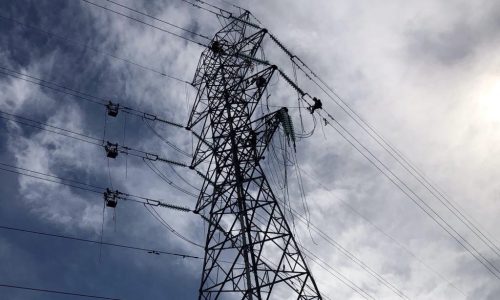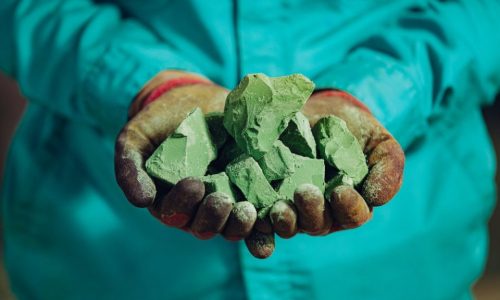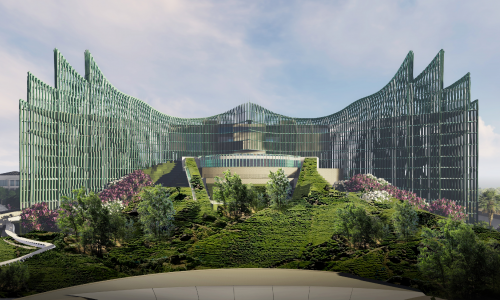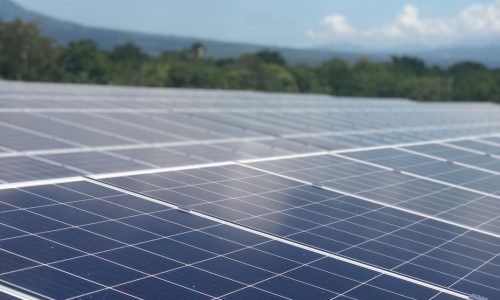Central Bangka regency is developing a new animal/fish feed factory in Pangkalan Baru district. The factory, assisted by the Investment Coordination Board (BKPM), was built in 2021 with an investment of IDR5.89 billion.
Central Bangka as a regency was established in 2003. The region directly borders Pangkalpinang city, Bangka and South Bangka regencies. Central Bangka has a size of 2,269.03 square kilometers (sqm) with a population of 192,429 people. Most of its citizens are Muslims, with a percentage of 86.99%.
The BKPM is a government agency in charge of implementing policy and service coordination in the investment sector. It was established in 1973. Investment Minister Bahlil Lahadalia currently chairs the BPKM since 2021.
Potential investment opportunity
The fish feed factory, established in 2021, is based on shrimp farming worth IDR5.89 billion in investment, an interest rate of return (IRR) of 27.63%, a net present value (NPV) of IDR2.25 billion and a payback period of 5.9 years.
The potential investment opportunity is related to the nine shrimp farms located in Central Bangka regency. The demand of fish feed for the shrimp farms from the regency is between 12,000 and 40,000 tons per year. The supply includes protein raw material fish that is supplied from Central Bangka. The production rate is to supply the available demand that keeps rising.
“Our target is all six subdistricts in this area already have fish feed factories,” Central Bangka Regent Algafry Rahman told Bangkapost.com on August 24, 2022.
According to him, the commercial price of fish feed is IDR13,000/kilogram while for the local people it would be IDR6,500-7,000/kg.
The reason why the prices are relatively high is due to 60-80% of the expenses are for food while some food came from abroad.
The establishment of this factory will increase the amount of productivity and quality of independent fish feed, have low cost, meet the requirements for adequate fish nutrition, and have the potential to improve community welfare, said Head of Central Bangka Fisheries Agency, Taufik, on the same day. Furthermore, the investment would improve production cost efficiency and business sustainability and increase the amount of production and community income.
Challenges to fishing industry
Nationally, fish farming is limited due to lack of infrastructure and facilities as well as lack of fish farming technology. Fish seeds and fish feed are the main problems.
“The use of alternative local raw materials for fish feed production is expected to reduce the dependence of fish cultivators on other areas,” said West Kalimantan Marine and Fishery Agency’s Head of Brackish Water and Marine Aquaculture Technical Implementation Unit, Erviyanto. “On the other hand, it can maximize the utilization of the potential of existing local resources.”









